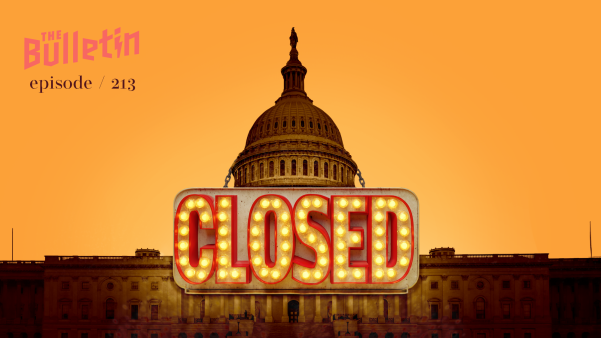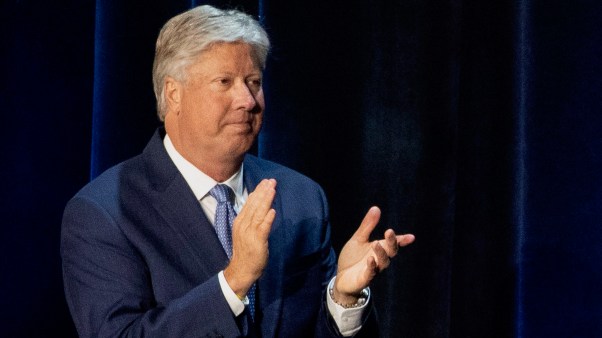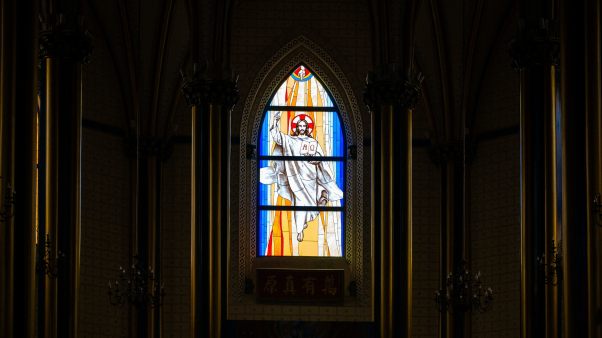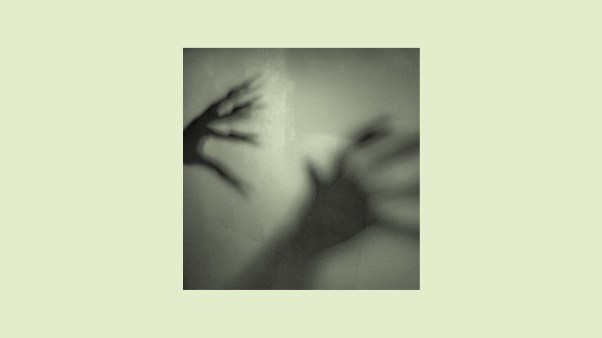BP – Representatives from nine state legislatures have announced the formation of state-level religious freedom caucuses in a new nationwide effort to combat religious discrimination.
“There is a renewed interest in religious freedom in the country, and this growing attention is bringing together people of all religious faiths and political ideologies,” Tim Schultz of the American Religious Freedom Program (ARFP) said during a teleconference Oct. 9. “Freedom of religion is a right that all lawmakers, and this includes state legislators, have a role in protecting and defending.
“This is not an issue just for the courts,” Schultz noted.
With the assistance of a bipartisan group of more than 120 lawmakers–16 were present for the teleconference–ARFP plans to inaugurate religious freedom caucuses in all 50 states by the end of 2013. The current states with caucuses are Arizona, Colorado, Florida, Idaho, Kansas, Missouri, New Hampshire, Oklahoma and Tennessee.
The formation of these caucuses is based on two ideas, Schultz said: 1) Religious freedom is important to the majority of Americans from all faiths, and these individuals oppose “state-sponsored injury to religion” and 2) the free exercise of religion is a constitutional right that is foundational to all freedoms and must be protected by state lawmakers.
Schultz–state policy director for the AFRP, which is an initiative of the Washington-based Ethics and Public Policy Center–explained how the caucuses will function:
Even though these are the first state caucuses with a religious freedom agenda, they will work in a manner similar to other legislative caucuses. Each caucus will consist of lawmakers who come together to discuss various public policy issues pertaining to freedom of religion both in their state and throughout the country. There will be a multi-state information-sharing component to connect the caucuses across the country. This will help build legislative expertise beyond that of a single caucus in one state capital.
State Rep. Stephen Precourt of Florida said during the teleconference, “Religious freedom caucuses–that is, legislators of all political and religious affiliations working together–can work to help ensure the courts do not end up being the sole recourse for violation of religious freedom and, even better, to prevent the courts in the first place from being a means to push religious discrimination.”








